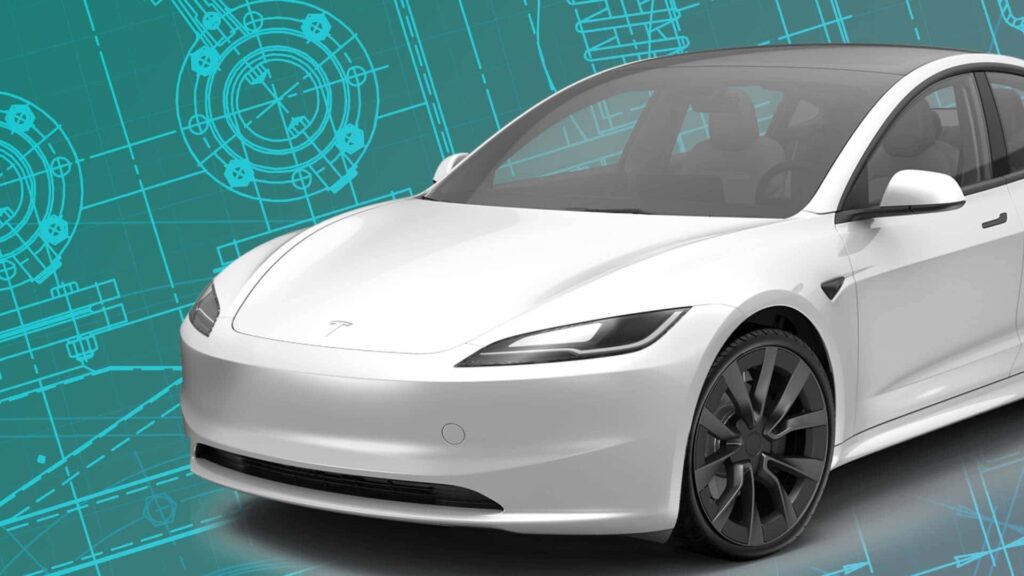The latest Consumer Reports reliability survey brings good news for those considering making the switch to electric vehicles (EVs). The survey indicates that EVs manufactured in the last three model years have shown improvement in reliability compared to older models. Consumer Reports analyzed data on vehicles with various levels of electrification and found that hybrids are more reliable than traditional combustion engine cars, which in turn are more reliable than electric vehicles and plug-in hybrids.
The survey collected data from approximately 300,000 vehicles from the 2022 to 2024 model years, with a significant increase in responses from hybrid and plug-in hybrid owners, reflecting the growing popularity of these models.
While plug-in hybrids still showed a higher rate of problems compared to traditional combustion engine cars, the gap has decreased compared to previous years. Electric vehicles also showed improvement, with fewer reported problems compared to the previous year, although they still had more issues than non-plug-in hybrids and traditional combustion engine cars.
The most reliable EV in the survey was the BMW i4, while other EVs, including popular models like the Tesla Model 3 and Model Y, displayed average reliability. However, models like the Tesla Model S and Model X rated below average in reliability. The Cadillac Lyriq and Chevrolet Blazer EV were also flagged for reliability issues, particularly related to the EV battery, electrical accessories, climate system, and in-car electronics.
Some EVs, such as the BMW iX, Audi Q8 E-Tron, and Kia EV6, lost their Consumer Reports recommendations due to reliability concerns. The Audi Q8 E-Tron’s production will be discontinued earlier than planned, affecting availability in the market.
Despite plug-in hybrids generally being more problematic, Consumer Reports recommended models like the Volvo XC60 PHEV and Toyota RAV4 Prime, with the latter being the most reliable vehicle in the survey. On the other hand, the Mazda CX-90 PHEV was rated the least reliable three-row SUV, indicating room for improvement in reliability.
Consumer Reports noted that EVs often serve as a testing ground for new technology, leading to more issues with electrical accessories and in-car electronics. This trend underscores the transition of automakers into tech companies, with a focus on developing advanced vehicle technology akin to a “smartphone on wheels.”
In conclusion, the survey highlights the overall improvement in EV reliability compared to previous years, with hybrids emerging as the most reliable option among electrified vehicles. As the automotive industry continues to evolve towards electrification and advanced technology, reliability remains a crucial factor for consumers considering switching to electric vehicles.

